‘Journalism Becoming One Of Most Dangerous Professions In The world’ – Obateru
Journalists have been urged to also be deliberate about their security and safety while discharging their professional duties.
This was disclosed by Taye Obateru of the Department of Mass Communication, University of Jos, while speaking at a Talk and Prayer Session organized by the Correspondents’ Chapel of the NUJ, Plateau State Council, in commemoration of the 17th year since eight journalists died in an accident in the line of duty in Jos, the state capital.
Obateru, who spoke on the topic “Taking Personal Responsibility for Our Safety as Journalists,” said, “Today is a solemn occasion because we are commemorating the death of our colleagues 17 years ago.”
According to him, “A lot of times, as journalists, we just do this job, we want to deliver the story, because the editors are expecting it.”
“Mostly, as a journalist, you don’t care about your wellbeing and that is the thing that we must reflect on and begin to take seriously.”
Read also: It’s Illegal To Arrest Journalists For Cyberstalking, Insult, Others – Falana
Legal Practitioner, Olajengbesi Faults Police On Portable’s Arrest
“We have to be deliberate about our security and safety,” he admonished.
“Journalists are becoming endangered species, covering crises, wars, epidemics, and other ills within society.
“Some people have compared journalists to security agencies, but I disagree, because journalists face greater risks than security operatives.
“For instance, a soldier who is going for combat or war knows who the enemy is, but a journalist does not.
“Somebody smiling at a journalist might even be an enemy; he or she may be setting a trap for you.
“As a journalist, you might be somewhere and not know whether you have written a story that has offended somebody, and the person just hears your name and says, ‘So this is the stupid person that wrote that story about me.’
“So the journalist does not know who the enemy is; most times we are just in the hands of God.
“So as journalists, we are actually becoming more endangered,” he maintained.
In his remarks, the Commissioner for Information in the State, Musa Ashom, said, “We will continue to synergize with the NUJ, especially the Correspondents’ Chapel.
“We also want to see if we can open an endowment fund, because even those of us that are alive find surviving difficult, let alone losing your breadwinner.”
“The Chapel has done something remarkable in remembering its members,” he maintained.
Also speaking, a former governor of the state, Joshua Dariye, who was represented by Gideon Mitu, said, “I’m in solidarity with the Correspondents’ Chapel over this unfortunate incident.”
He called for adequate insurance to cover journalists in the course of doing their job.
Earlier in his welcome address, Chairman of the Chapel, Polycarp Auta, said, “Today, we have come here to pray and remind ourselves of this work called journalism, that we have decided to take as our profession.”
He recalled with nostalgia the accident that claimed the lives of eight journalists and the driver of the bus, leaving eight others injured, while in the convoy of the then-governor of the state, Joshua Dariye, at the twilight of his administration (May 16, 2007).
Prayers were offered for the deceased, survivors, and members of the chapel by Muslim and Christian clerics.
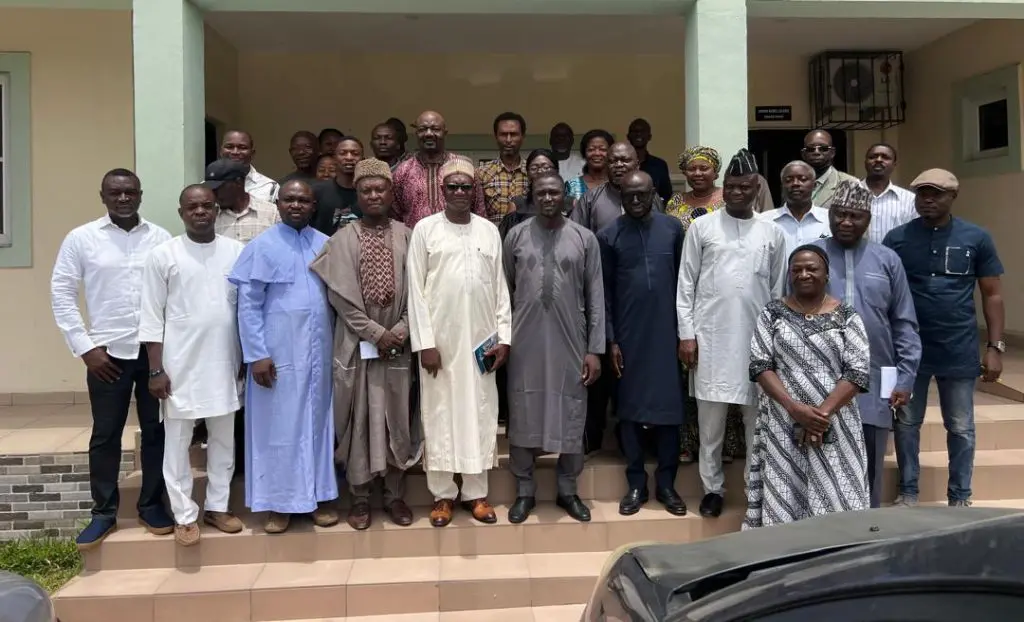

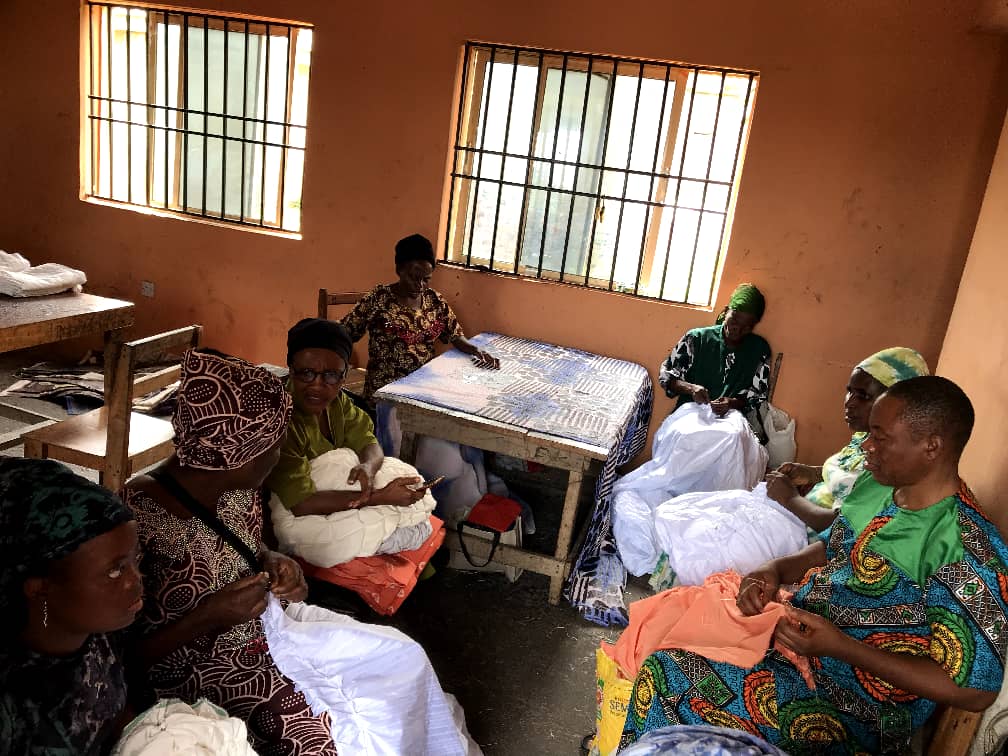
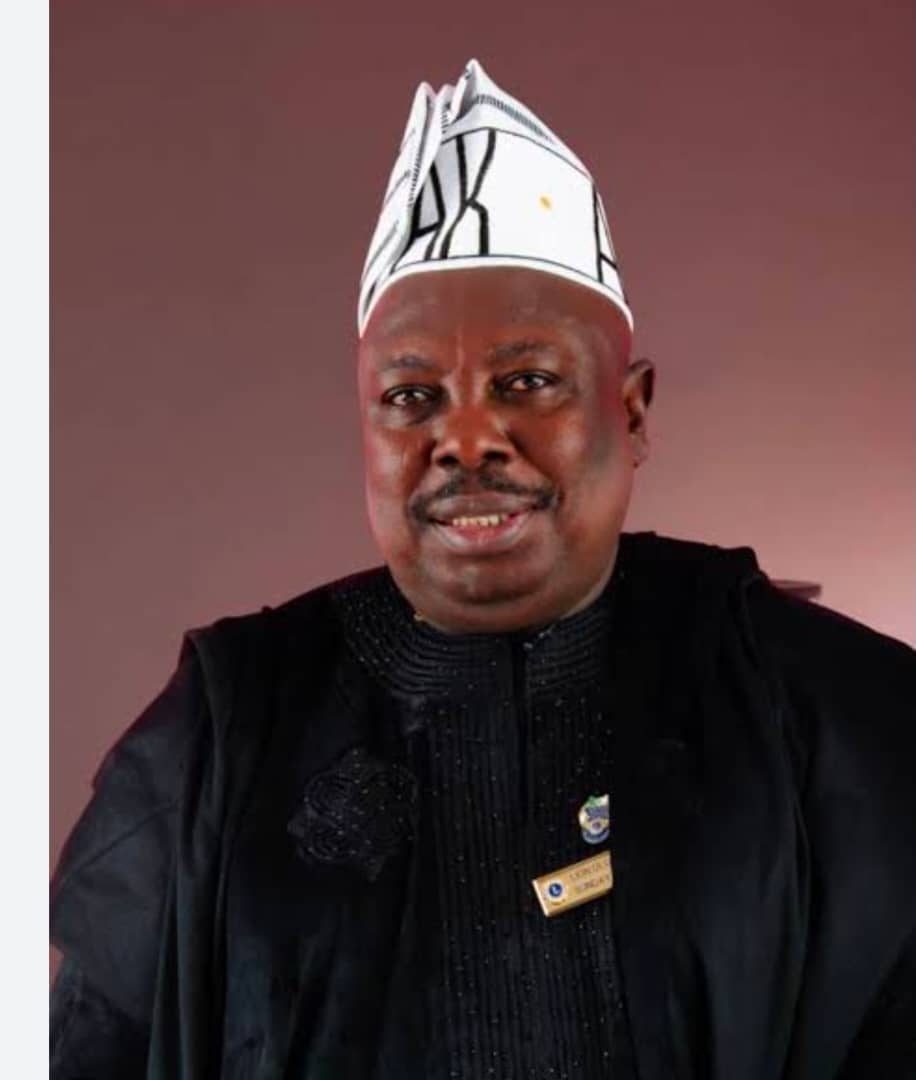
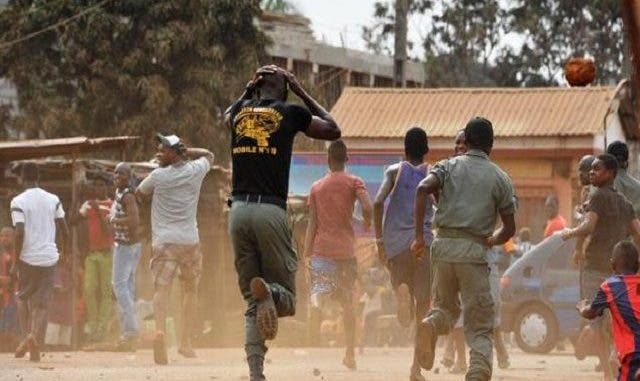







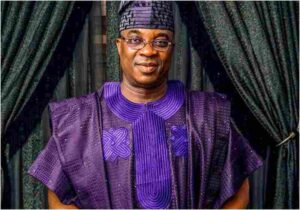


Post Comment